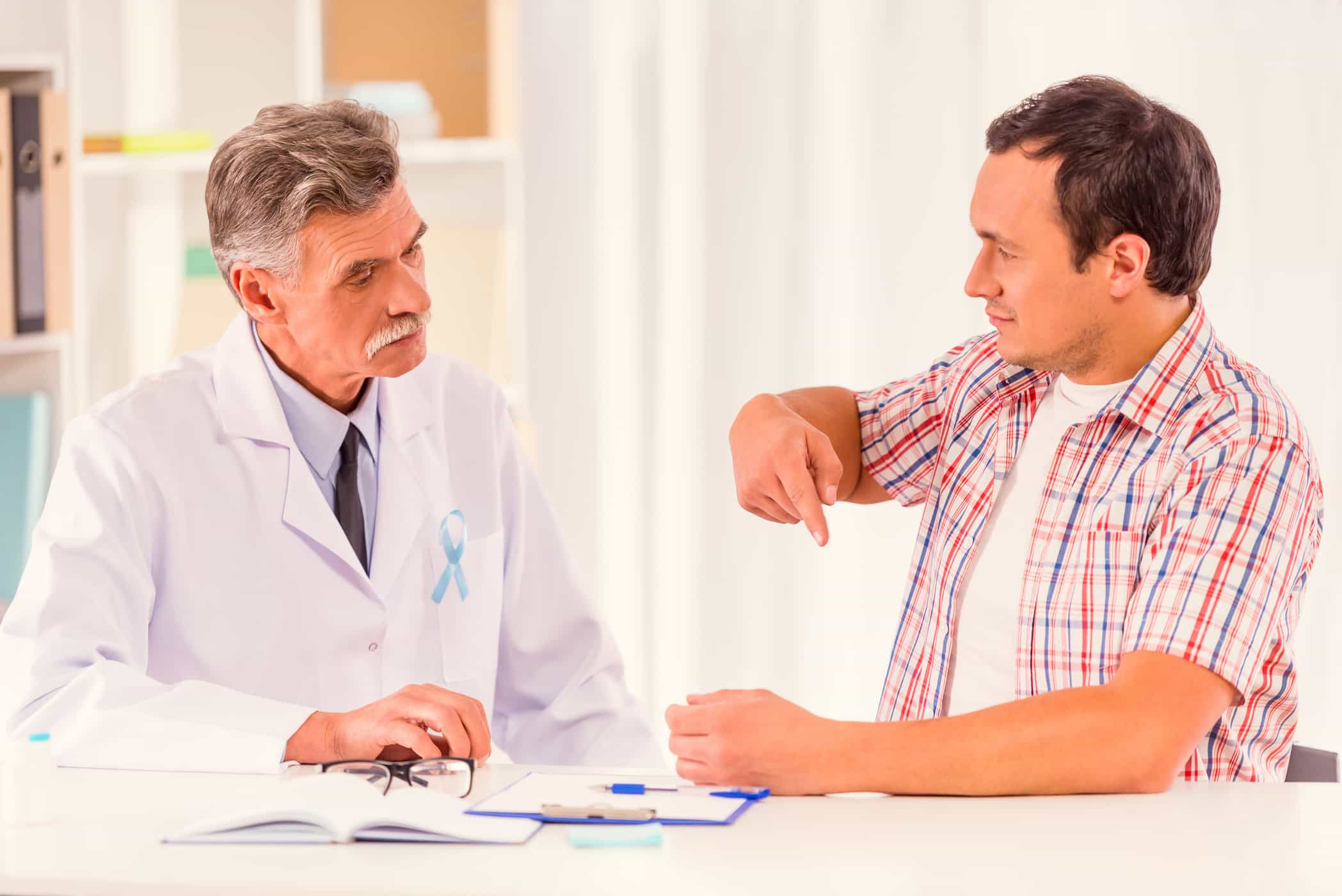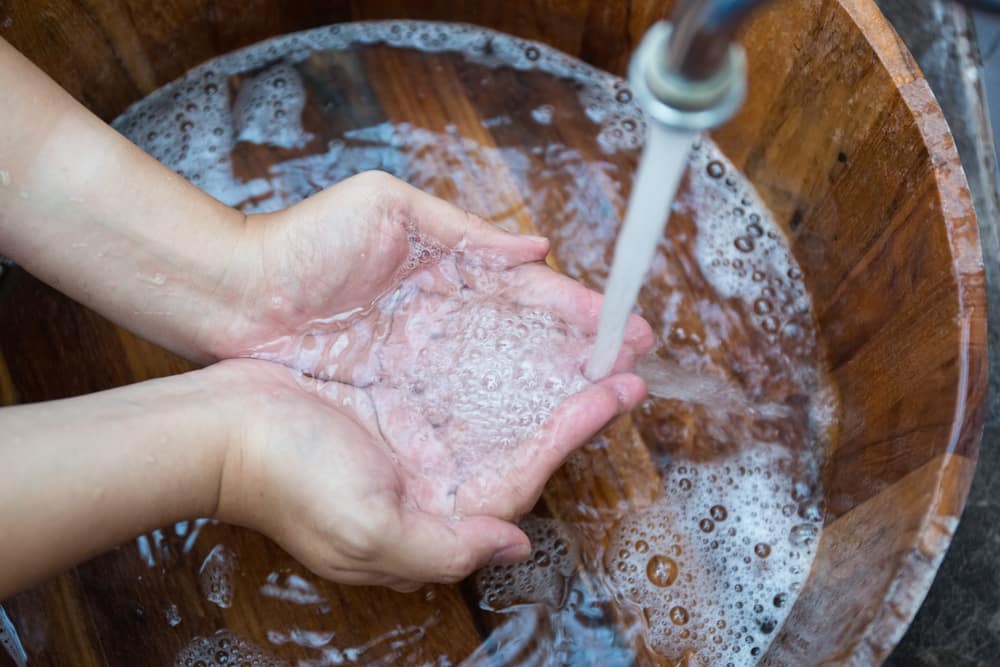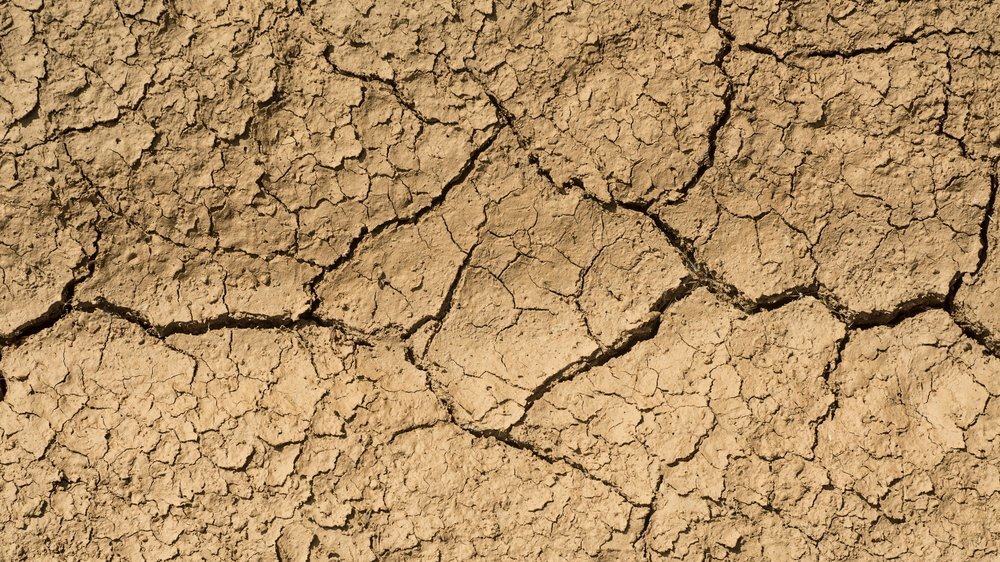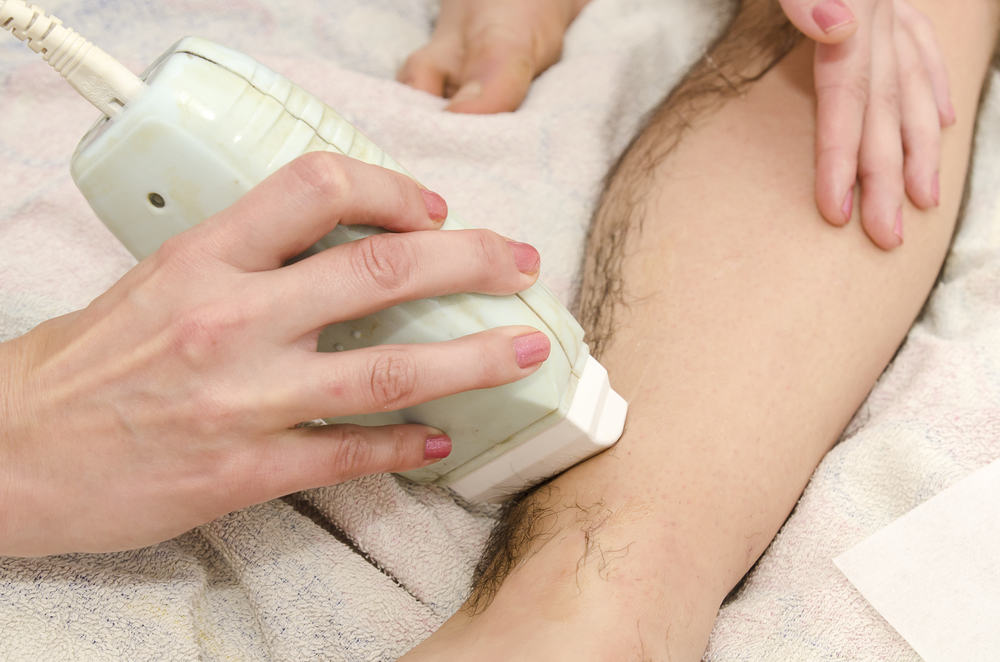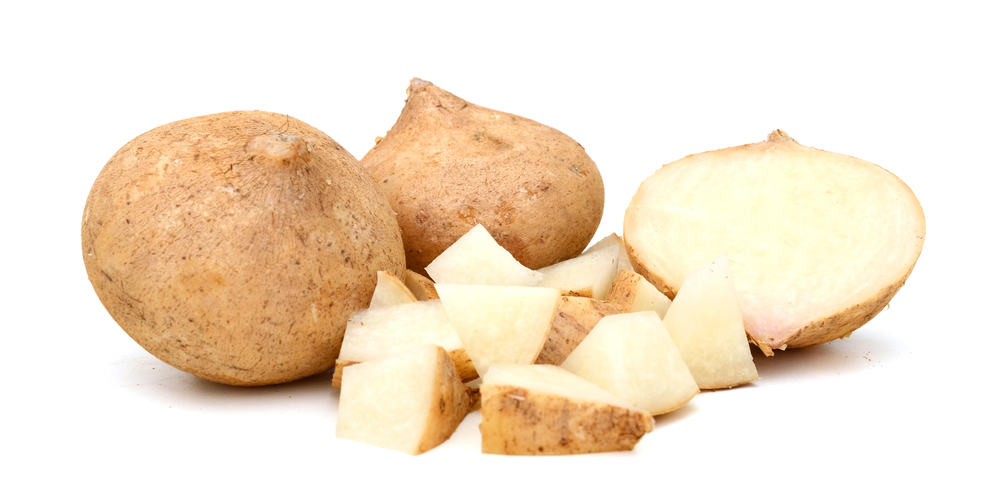Contents:
- Medical Video: Sex Prevents Prostate Cancer
- Sex can indeed reduce the risk of prostate cancer in men
- So, is it true that if you have never had sex, make a man vulnerable to prostate cancer?
- Why can ejaculation prevent prostate cancer?
- Various ways to prevent prostate cancer
- Risk factors for prostate cancer that men should know
Medical Video: Sex Prevents Prostate Cancer
Prostate cancer is a health problem that is most vulnerable to men. Even based on surveys, prostate cancer is one of the most common causes of death in men. Well, the myth often circulates that men who have never or rarely had sex are more vulnerable to prostate cancer. Is this myth true? Come on, check the truth below.
Sex can indeed reduce the risk of prostate cancer in men
According to a recent study published in the European Eurology Journal, men who often ejaculate (emit semen) are known to have a lower risk of prostate cancer than those who rarely ejaculate.
To do this finding, the researchers involved about 32 thousand people over 18 years. The results showed that men who ejaculated 21 times before having a risk of prostate cancer were 33 percent lower than those who only ejaculated only 4 to 7 times a month. In addition, this study also states that ejaculation is very effective in preventing prostate cancer, especially if done by men aged 20-29 years.
This research was conducted as a follow-up effort from previous studies published in the Jounal of the American Medical Association. The result, this latest study also has a similar conclusion, namely the risk of prostate cancer can be reduced if men often ejaculate.
So, is it true that if you have never had sex, make a man vulnerable to prostate cancer?
Actually, this myth is not quite right. As explained in the study above, people who are at risk for prostate cancer are people who rarely (or never) ejaculate, never having sex. However, usually men will ejaculate when having sex.
So even if you have never had sex, you might have ejaculated. For example when masturbating.
Why can ejaculation prevent prostate cancer?
Ejaculation allows the discharge of semen that may be carcinogenic, namely the cancer-triggering agent. So, with ejaculation, a man can carry out a cleansing process and release toxic substances through the media of liquid semen.
The point is simple, the more often you clean the "pipe", the fewer toxic substances that gather in it.
Various ways to prevent prostate cancer
In addition to frequent ejaculation, it turns out there are several other things that are no less important for you to do as an effort to prevent prostate cancer, namely:
- Regularly check with the doctor. If you are one of the people at high risk of prostate cancer because they have a family history, it's a good idea to routinely see a doctor. This is done so that you know how risky you can get prostate cancer.
- Eat more fruits and vegetables. Nutrients and vitamins contained in fruits and vegetables can reduce the risk of developing prostate cancer. Green vegetables contain compounds that can help the body destroy carcinogens (cancer-triggering substances). In addition, high nutritious foods can also prevent the spread of cancer.
- Quit smoking. Quitting smoking actually not only prevents you from getting prostate cancer early, but also as a preventative measure against the risk of getting the disease as a whole.
- Regular exercise. Men who have too much fat, especially in the middle of the body increase their risk of developing prostate cancer. That is why, it is important for you to exercise regularly because it can help you maintain body weight, muscle mass, and metabolism.
Risk factors for prostate cancer that men should know
Prostate cancer is a frightening specter for men. That is why, it is important for men to know and understand the risk factors of this disease. according to the American Society of Clinical Oncology, there are several factors that make men more likely to develop prostate cancer, including:
- Age. As you get older, the risk of prostate cancer in men will increase. In many cases, about 80 percent of cases of prostate cancer attack men aged over 65 years.
- Family history. Men are at high risk of prostate cancer if they have a close family, whether it's their father, grandfather, or brother who has prostate cancer.
- Genetics. Certain genetic change factors inherited from parents can also increase a man's risk of prostate cancer.
- Bad diet. Researchers believe that a poor diet in men such as eating too much fatty foods can affect the risk of prostate cancer. However, further research needs to be done to further investigate the relationship between poor diet and the risk of prostate cancer.


